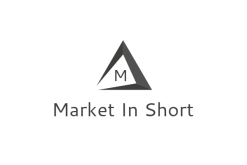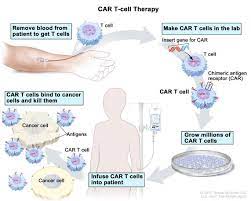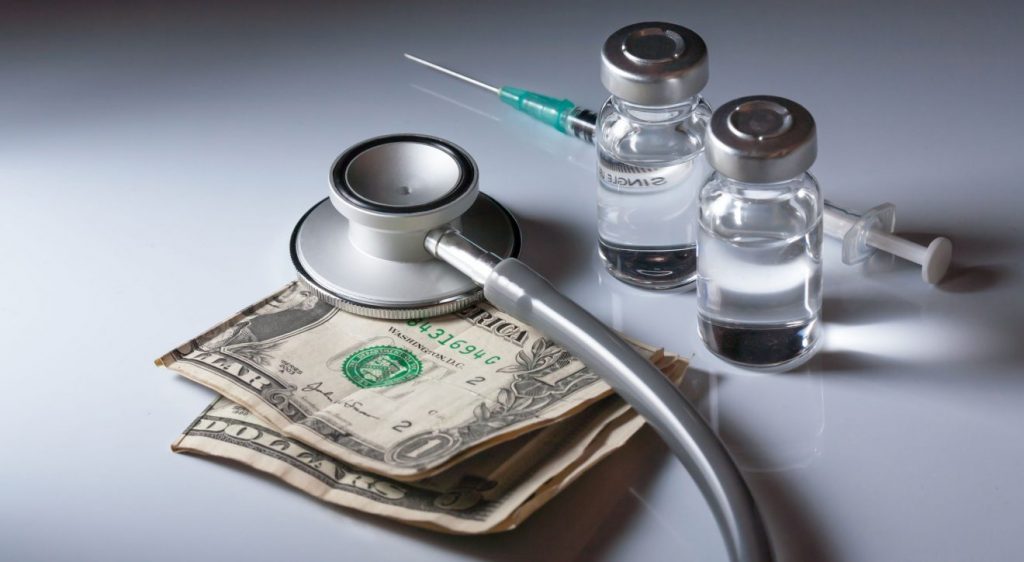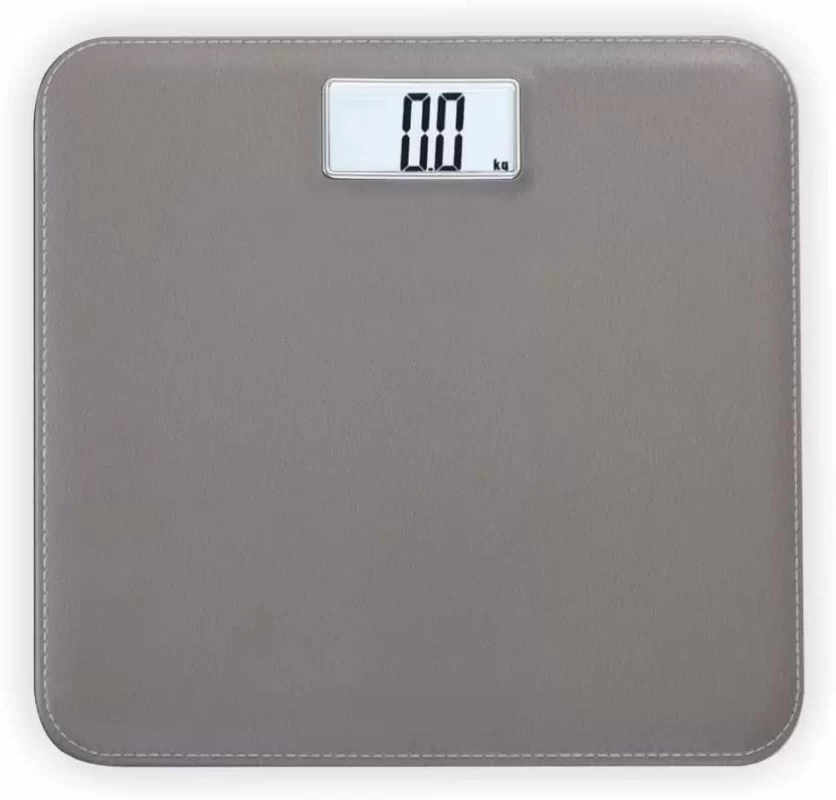Allied Market Research published a report, titled, “CAR T-Cell Therapy Market by Drug type (Axicabtagene Ciloleucel, Tisagenlecleucel, Brexucabtagene Autoleucel, Others), by Indication (Lymphoma, Acute Lymphocytic Leukemia, Others), by End user (Hospitals, Cancer Treatment Centers): Global Opportunity Analysis and Industry Forecast, 2021-2031.” According to the report, the global CAR T-cell therapy industry generated $1.7 billion in 2021, and is expected to reach $6.1 billion by 2031, witnessing a CAGR of 13.5% from 2022 to 2031.
Drivers, Restraints, and Opportunities
Increase in demand for ideal therapeutics for cancer treatment, rise in prevalence of cancer, supportive reimbursement policies in some countries related to CAR T-cell therapy medicine, and surge in awareness of CAR T-cell therapy medicines drive the growth of the global CAR T-cell therapy market. However, lack of skilled professionals for CAR T-cell therapy and high cost of therapy hinder the market growth. On the other hand, rise in approval of new medicine of CAR T-cell therapy and drugs present new opportunities in the coming years.
Impact of Covid-19 on CAR T-Cell Therapy Market-
- The number of CAR T-cell therapies reduced considerably during the Covid-19 pandemic, due to shift of resources toward treatment of increasing Covid-infected patients. Governments of many countries released guidelines that postponed the non-elective surgeries.
- Discovery and development activities of CAR T-cell therapy medicine slowed down significantly. The decrease in number of clinical trials impacted the CAR T-cell therapy market size.
- Supply chain disruptions due to lockdown measures and ban on import-export activities created a supply-demand gap. This, in turn, impacted the overall market revenue.
- Post-pandemic, the development activities of CAR T-cell therapy medicine are expected to increase with rise in R&D activities, rapidly expanding clinical trial activities, and commercialization.
The lymphoma segment to maintain its leadership status during the forecast period
Based on indication, the lymphoma segment accounted for the highest market share in 2021, contributing to more than half of the global CAR T-cell therapy market, and is projected to maintain its leadership status during the forecast period. This is attributed to high number of approved CAR T-cell therapeutics for treatment of different forms of lymphoma. However, the acute lymphocytic leukemia segment is estimated to witness the highest CAGR of 14.5% from 2022 to 2031. This is due to increase in awareness of CAR T-cell therapeutics for treatment of acute lymphocytic leukemia and launch of novel drugs.
The hospitals segment to maintain its lead position during the forecast period
Based on end user, the hospitals segment contributed to the highest market share in 2021, holding nearly three-fifths of the global CAR T-cell therapy market, and is projected to maintain its lead position during the forecast period. This is attributed to well-equipped operation theatre and high purchasing power. However, the cancer treatment centers segment is estimated to register the highest CAGR of 14.1% from 2022 to 2031, owing to availability of a wide range of treatment choices and increase in a
Based on drug type, the axicabtagene ciloleucel segment held the largest market share in 2021, accounting for around two-fifths of the global CAR T-cell therapy market, and is expected to maintain its dominant share during the forecast period. This is due to increase in adoption of axicabtagene ciloleucel for treatment of relapsed or refractory large B-cell lymphoma and relapsed or refractory follicular lymphoma. However, the brexucabtagene autoleucel segment is projected to grow at the highest CAGR of 15.9% from 2022 to 2031, owing to rise in approval of CAR T-cell therapies in different countries for relapsed or refractory B-cell precursor acute lymphoblastic leukemia (ALL).
North America to maintain its lead status by 2031
Based on region, North America held the largest market share in 2021, accounting for nearly two-thirds of the global CAR T-cell therapy market, and is expected to maintain its lead status by 2031. This is due to the presence of key players and availability of approved therapeutics with high adoption of CAR T-cell therapies. However, Asia-Pacific is projected to manifest the fastest CAGR of 15.8% during the forecast period. This is due to rise in awareness regarding CAR T-cell therapy, the launch of new CART drugs, and rise in the number of target population.
Key Market Players
- Autolus
- Bluebird Bio-Inc.
- Bristol-Myers Squibb
- Caribou Biosciences Inc.
- Cartesian Therapeutics
- Celgene Corporation
- Cellectis
- Celyad, Gilead Sciences, Inc. (Kite Pharma Inc.)
- Intellia Therapeutics
- Juno Therapeutics
- Merck & Co. Inc.
- Miltenyi Biotech
- Novartis AG
- Pfizer Inc.
- Sorrento Therapeutics, Inc.




